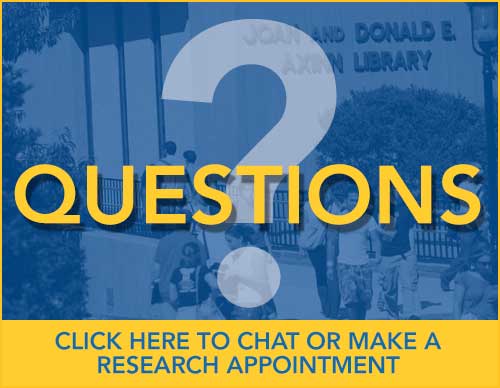Readers and Reading in American Education

Grafton, Carol Belanger [comp.] Children: a Pictorial Archive from Nineteenth Century Sources. NY: Dover Publications, 1978.
In 1647 the General Court enacted what has come to be known as the "ould deluder" law, intended to protect the children of Massachusetts from the snares of the Devil, whom they loosely identified with the Roman Catholic Church. In a subtle attack on that church's retention of Latin texts, the law declared "It being one chief point of that old deluder, Satan, to keep men from the knowledge of the Scriptures, as in former times, by keeping them in an unknown tongue...." and mandated that, with "the Lord assisting [their] endeavors," each township within the commonwealth should appoint one teacher “to teach all such children as shall resort to him to read and write” as soon as the population of householders should reach fifty.
In addition to its influence on educational policy in America, the law also had an effect in another area -- the printing and publication of educational materials, particularly in the fields of reading and writing. It is this that we celebrate in this exhibition, which offers a survey of some of the beginning reading materials that were in use in American schools from the time of that law until the turn of the twentieth century.
This exhibition also highlights a number of different approaches to reading instruction which evolved during the same period. Three main approaches dominated -- the Alphabet Method [1647-1827], the Phonic and Whole Word Methods [1827- 1883], and the Sentence and Story Methods [1883-1934]. The viewer who is more familiar with modern issues in reading instruction may recognize in this historic survey elements of the various debates which continue to this day.
This virtual exhibit is based on an earlier exhibit researched and curated by Dr. Vince Faraone. We are grateful to Dr. Faraone for his expertise in describing both the texts and the methods of instruction in use in the periods covered.
Barbara M. Kelly, PhD.
Director of Special Collections


